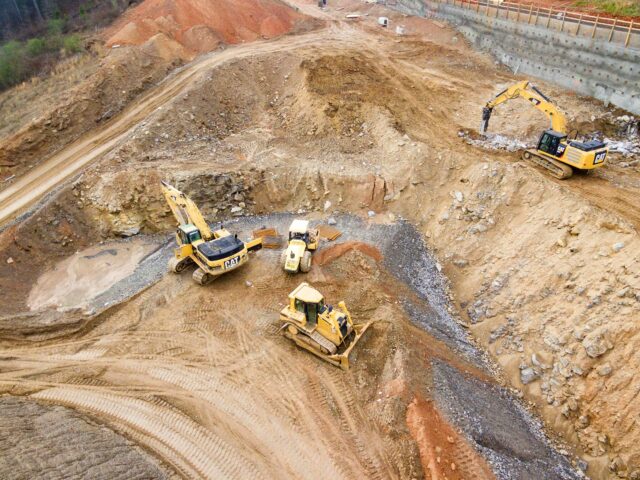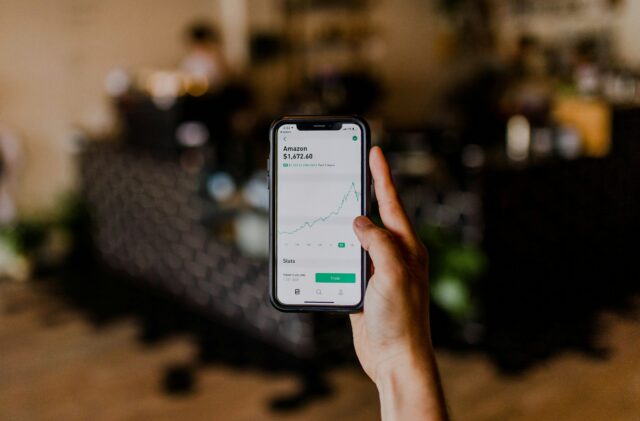In the latest report of the Global Innovation Index (GII) 2020, Chile landed in the 54th position out of 130 countries. Nine years ago, we were at 38. Our consolation prize: being number 1 in the region. We still hold that position, but Mexico trails behind by one spot and Costa Rica by two. We may lose that position in 2021. We need to change course. The Chile of the next 30 years must be a much more innovative country. Three ideas.
First, ensure universal access to the internet. It’s not an original idea. In 2000, Estonia approved internet access as a universal right. The result: 92% of the population regularly uses the internet, 99% of public services are accessible online, and they have managed to build a transparent, reliable, and efficient society. All public schools are connected, and their students lead the PISA rankings. Education and equal opportunities have transformed Estonia into the “Silicon Valley” of the Baltic. Not bad for a country that in 1991 had a per capita GDP of 72 euros. However, nothing is free. Every right must be paid for by someone. But shouldn’t the fact that a child from María Pinto – a commune with 1% internet penetration – can access this service 24/7 be reason enough to fund this measure?
Second, an agile state capable of quickly adjusting the rules of the game to allow the entry of new competitors. A system that spends years delaying regulatory changes that only prolong the status quo is not sustainable. An example of the opposite is the banking industry in Brazil – “the incumbents” and Nubank “the innovator.” Nubank started in 2013 with a credit card and a 100% digital account with no fees. In 7 years, they reached 25 million customers who have saved over US$1.5 billion in fees. A better product at a lower cost that ended up permanently changing Brazil’s banking industry; to the benefit of thousands. Because the “innovator” was allowed to compete. Otherwise, everything would remain the same.
Lastly, promote the development of innovations that allow the creation of new markets. Think about the massification of the automobile 100 years ago. It not only boosted that economic sector but also the steel industry, tires, pavement, among others. What Chile is doing with Green Hydrogen is heading in that direction. With a potential multiplier effect for hundreds of businesses and complementary technological developments. To grow again, we need more initiatives like this. I hope humbly that a discerning constituent takes and makes these ideas their own. At this point in the game, there’s no harm in asking.
Column originally published by El Mercurio on Monday, November 16, 2020.



